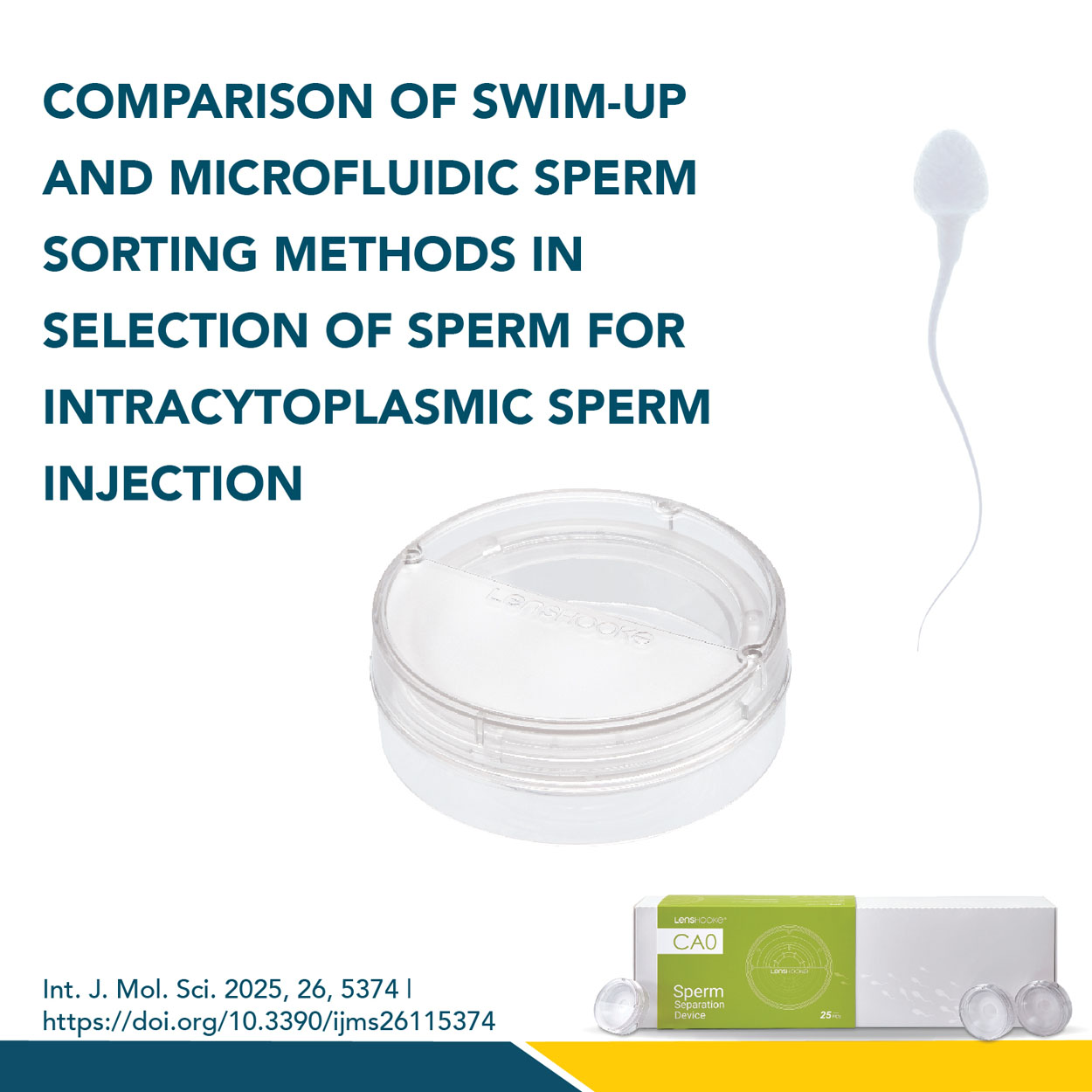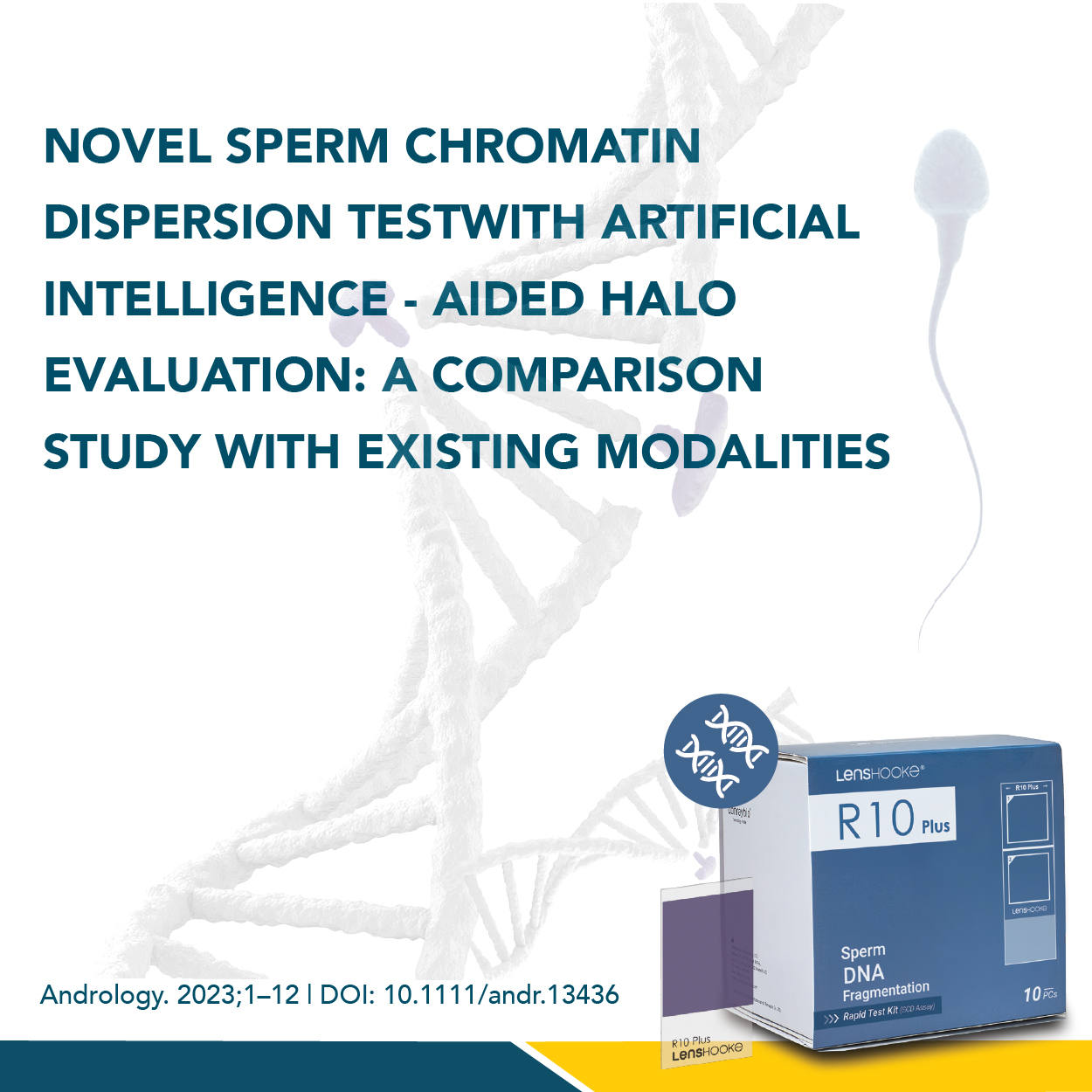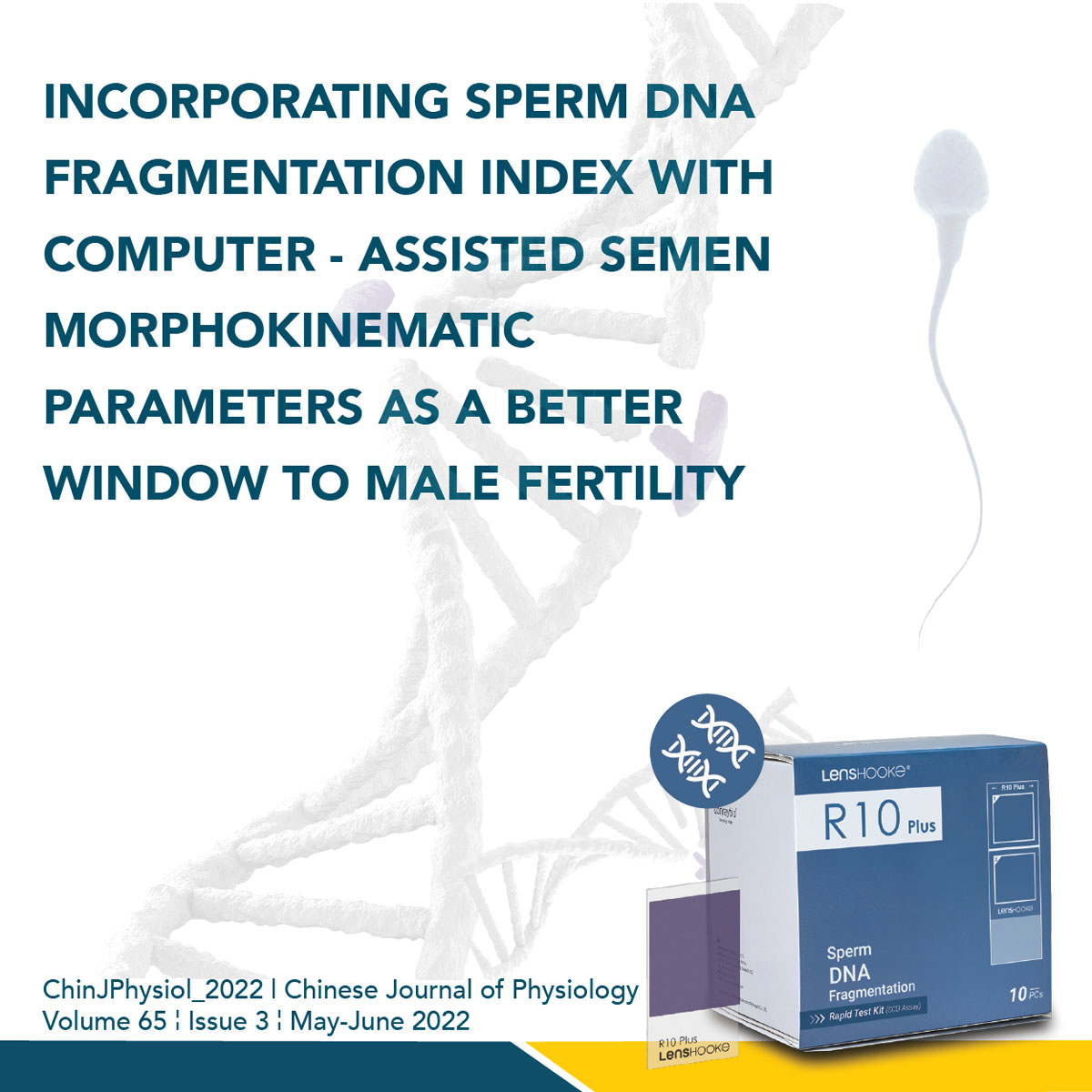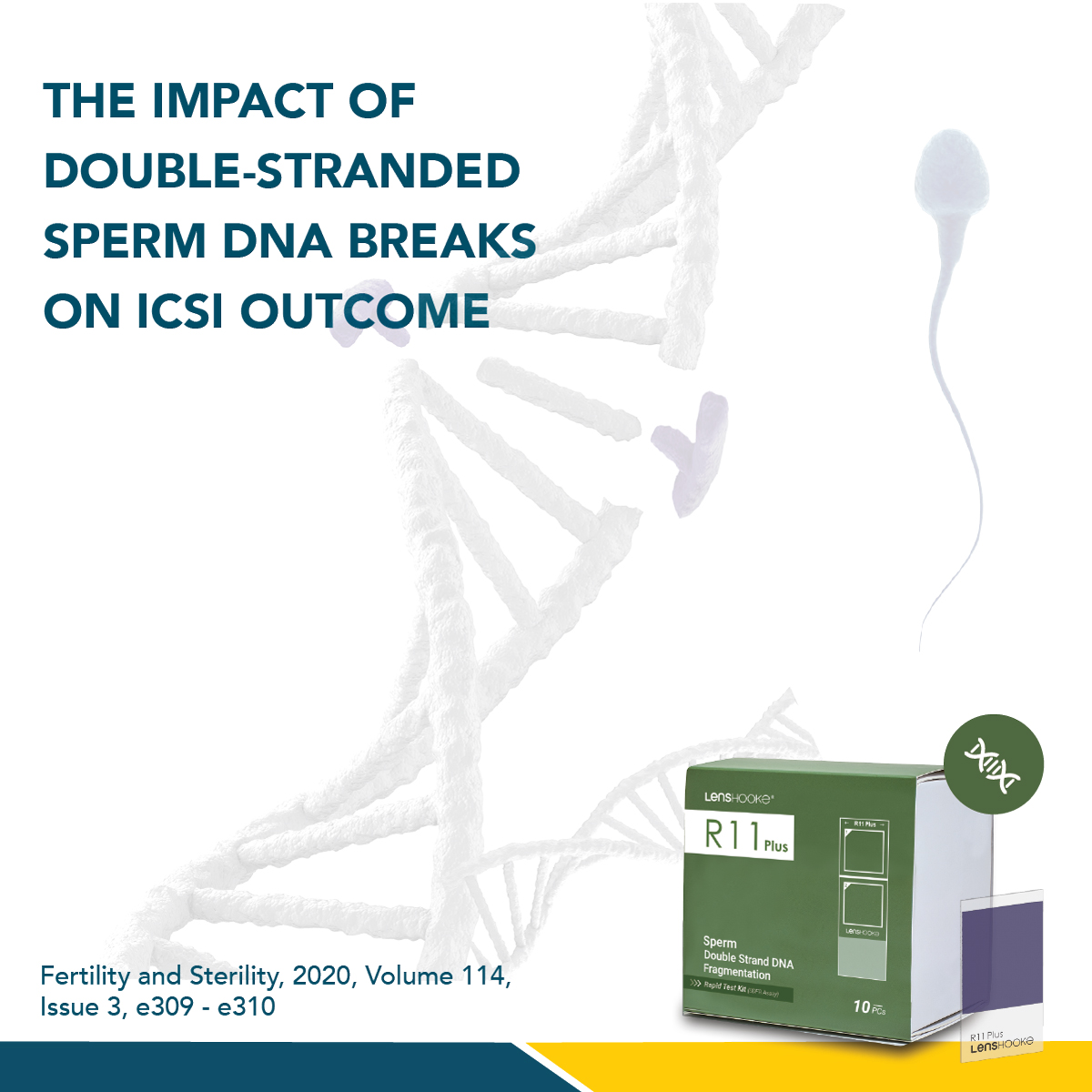Background and aim:
Malaria has been one of the biggest scourges on humanity for millennia and mostly kills babies and infants. Having a vaccine – after more than a century of trying – is among medicine’s greatest achievements. The vaccine – called RTS, S – was proven effective six years ago. Now, after the success of pilot immunisation programs in Ghana, Kenya, and Malawi, the World Health Organization says the vaccine should be rolled out across sub-Saharan Africa and in other regions with moderate to high malaria transmission.
Malaria is a parasite that invades and destroys our blood cells in order to reproduce, and it’s spread by the bite of blood-sucking mosquitoes. Drugs to kill the parasite, bednets to prevent bites, and insecticides to kill the mosquito have all helped reduce malaria. But the greatest burden of the disease is felt in Africa, where more than 260,000 children died from the disease in 2019.

It takes years of being repeatedly infected to build up immunity and even this only reduces the chances of becoming severely ill. Dr Kwame Amponsa-Achiano piloted the vaccine in Ghana to assess whether mass vaccination was feasible and effective.
“It is quite an exciting moment for us, with large-scale vaccination I believe the malaria toll will be reduced to the barest minimum,” he said.
Constantly catching malaria as a child inspired Dr. Amponsa-Achiano to become a doctor in Ghana.
“It was distressing, almost every week you were out of school, malaria has taken a toll on us for a long time,” he told me.
Ref: BBC





